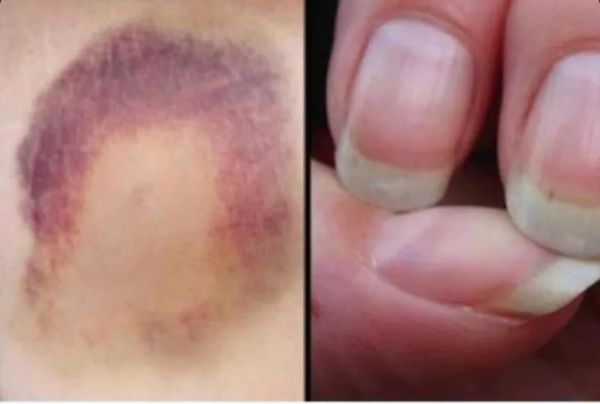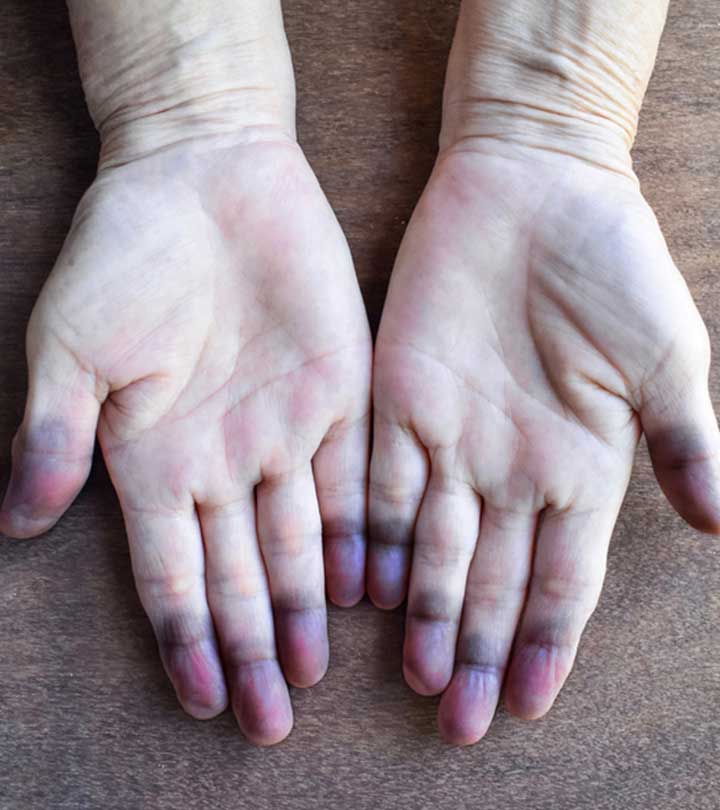
Cancer is a serious disease that can affect various parts of the body. It’s important to be aware of the signs and symptoms, as early detection can greatly increase the chances of successful treatment. If you experience any of the following symptoms, it’s advisable to consult your doctor.
1. Persistent Cough or Chest Pain
A persistent cough or chest pain can be indicative of lung cancer, bronchitis, or other types of cancer. Lung cancer patients may experience chest pain that radiates to the arms and shoulders.
2. Wheezing or Shortness of Breath
One of the initial signs of lung cancer is difficulty breathing normally. If you find yourself wheezing or experiencing shortness of breath, it’s important to seek medical attention.
3. Trouble Swallowing
Difficulty swallowing can be associated with throat and esophageal cancer. It is often an early sign of lung cancer as well.
4. Recurrent Illnesses or Fever
Recurrent illnesses or fever may indicate leukemia, a type of blood cancer. This condition weakens the body’s ability to fight infections.
5. Prolonged Bleeding or Excessive Bruising
Unexplained bleeding or excessive bruising may be a sign that something is amiss with the red blood cells, potentially indicating leukemia.
6. Swollen Lymph Nodes or Lumps
Changes in the lymphatic system, such as swollen lymph nodes or lumps in the neck, groin, or under the arm, could be a sign of cancer.
7. Weight Gain or Abdominal Bloating
Many ovarian cancer patients report persistent stomach bloating. If you experience unexplained weight gain or abdominal bloating, it’s important to get it checked out.
8. Unexplained Fatigue
Feeling constantly tired without a clear reason might be a sign of various cancer types. Don’t ignore persistent fatigue and consult your doctor.
9. Pelvic or Abdominal Pain
Abdominal and pelvic pain are typical symptoms of ovarian cancer. Stomachache can also be a sign of other types of cancer.
10. Loss of Appetite and Sudden Weight Loss
Unexplained weight loss, coupled with an inability to eat and feeling full even after going without meals, could be precursors to digestive malignancies or liver cancer.
11. Rectal Bleeding and Blood in Stool
If you notice rectal bleeding or blood in your stool, it’s essential to see your doctor as these symptoms might indicate colorectal cancer.
12. Breast Changes
Any unusual changes in your breasts, such as swelling, soreness, or redness, should be reported to your doctor as they could be signs of breast cancer.
13. Persistent Stomachache or Anxiety
Consistent abdominal pain or discomfort may indicate colorectal cancer. Don’t dismiss ongoing stomachaches and seek medical advice.
14. Heavy or Irregular Periods
Heavy or painful periods, as well as bleeding between periods, might be indications of endometrial or uterine cancer. If you notice any unusual changes in your menstrual cycle, consult your doctor.
15. Nipple Abnormalities
Changes in the nipple, such as inversion, flattening, or turning sideways, could be signs of breast cancer. Pay attention to any nipple alterations and seek medical attention if needed.
16. Skin Abnormalities
A skin blemish that frequently bleeds, hardens, or doesn’t heal should not be overlooked. These issues could be symptoms of melanoma or other forms of skin cancer. It’s important to monitor any unusual growths or patches on your body.
17. Facial Swelling
Individuals with lung cancer commonly experience redness, swelling, or puffiness of the face.
18. Lower Right Side or Back Pain
Liver cancer patients often report lower right side or back pain. Additionally, such pain may also be a sign of breast cancer.
19. Nail Changes
Unexplained and unusual nail alterations can suggest several types of cancer. Black or brown lesions under the nails are typically signs of skin cancer. White or pale nails are frequently associated with liver cancer.
Remember, these symptoms can also be caused by conditions other than cancer. However, it’s always better to be safe than sorry and consult with your healthcare provider if you have any concerns. Early detection is key in the fight against cancer. Stay vigilant and take care of your health.






